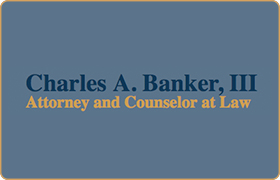Daisetta White Collar Crime Lawyer, Texas
Sponsored Law Firm
-
 x
x

Click For More Info:
-
Charles Banker, Attorney at Law
405 Main St. Ste. 910 Houston, TX 77002» view mapCriminal 30 Years Experience
You need an attorney with criminal defense knowledge who will vigorously protect your rights.
800-969-9880
Mark W. Bennett
Felony, Misdemeanor, White Collar Crime, Federal Appellate Practice, Domestic Violence & Neglect
Houston, TX Criminal & Federal Defense Attorney
Since graduating from law school in 1995, he has dedicated his career to criminal defense, never stepping foot in the realm of prosecution. Mark posse... (more)
FREE CONSULTATION
CONTACTFREE CONSULTATION
CONTACTFREE CONSULTATION
CONTACTCharles Robert Kyle Vance
White Collar Crime, Criminal, Business & Trade, Personal Injury
Status: In Good Standing
David L Singer
White Collar Crime, Misdemeanor, Felony, DUI-DWI
Status: In Good Standing Licensed: 41 Years
FREE CONSULTATION
CONTACTRachel Leeanne Mcmillen Grier
Litigation, Health Care Other, White Collar Crime, Civil Rights
Status: In Good Standing Licensed: 18 Years
 Charles Banker Houston, TX
Charles Banker Houston, TX AboutCharles Banker, Attorney at Law
AboutCharles Banker, Attorney at Law Practice AreasExpertise
Practice AreasExpertise


